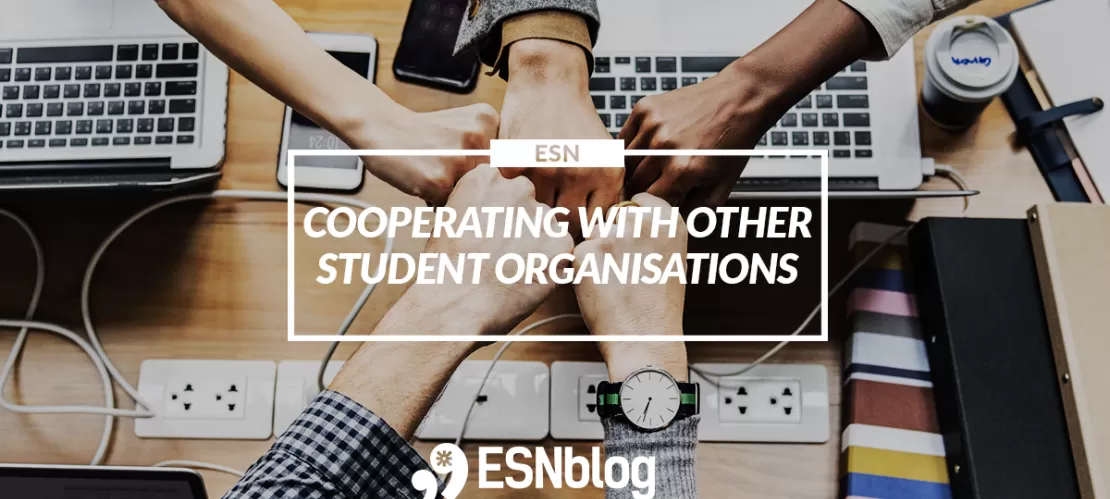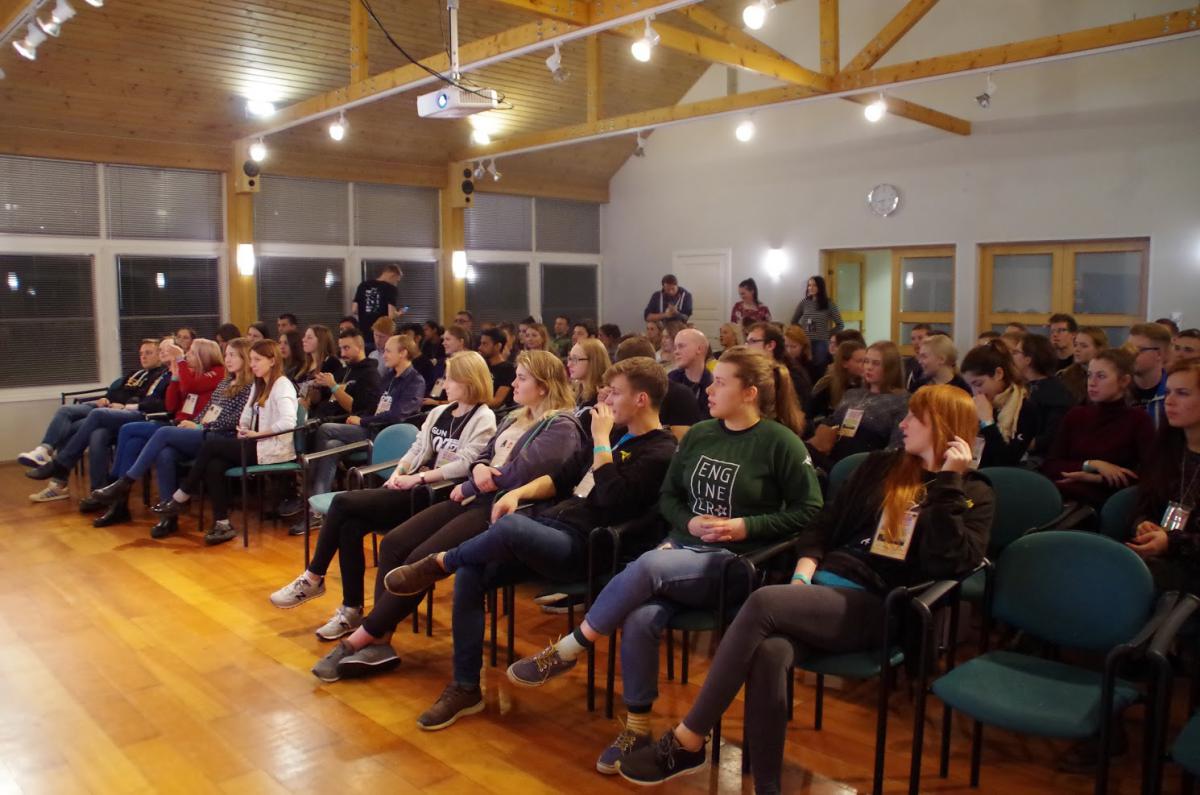
If your ESN experience is anything like mine, you might be used to the model of one section per city (and its surroundings). But if you are from, let’s say, Vienna, where they have 6 sections in the city; or from Warsaw, where they have 10 (!) sections in the city, you might be used to a different dynamic.
Regardless of the situation, we’re all often faced with the same issue: your section has to stay relevant when it comes to what they offer students. Discounts, trips, special deals, work and study opportunities - be it services they can find from companies or universities, we are already confronted with a great deal of competition in trying to make the international student’s exchange an unforgettable and special experience.
This can explain why we don’t notice extra competition in the form of more student organisations in the city. We may think that if we’re not the ones making students’ exchange special, then what’s the point of us being there? It can be frustrating at times. Even more when you realise that those other student groups - be they local or international like ESN - have their own goals, customs and resources.

You may feel lost at first, unsure how to deal with them. Which usually leads you, and them in response, to engage in a form of closed competition where you only focus on your own goals, and what it is that you can offer students which is better than the other organisation. However, that might not be the right way to go about it.
As mentioned above, the issue comes from the lack of understanding that we share a similar vision (welcoming and providing for students), but use different means to reach our goals. In other words, there’s always something ESN can offer to students that other groups can’t – and vice versa. That’s what we should focus on locally; it’s not like we’re lacking in services and projects: ESNcard, Social Inclusion Days, Movin’ Europe, to name a few.
In fact, your former rivals might find themselves interested in one of those projects. Granted you may make the step in welcoming them to your activities first.

And that’s not all. Indeed, many student organisations will work like ESN - on a local to an international scale sometimes - in terms of best practice sharing and learning opportunities. If it’s a learning opportunity for them, it’s an even greater learning opportunity for you! Participating as a guest in their events will benefit you a lot: knowledge sharing, best practices, cooperation opportunities... Not to mention you’ll meet so many enjoyable people from different backgrounds and cultures, something we all value in ESN already. It’s like joining ESN for a second time!
Finally, once you’ve realised how similar you are through your differences, it’s time to act upon it, and help each other out. Everybody needs help, and those you might have thought were your competitors yesterday can now become your best friends! Do you need help for an event? Invite them. Advice on a situation they could have faced? Ask them. Need help to spread an important announcement, like an upcoming recruitment campaign or the biggest event you’re organising this year? Ask them. And, of course, don’t forget to return the favour.
Enjoy the company of your fellow volunteers, learn from their work, and start moving together towards the improvement of student life wherever you are, united in diversity as always.
